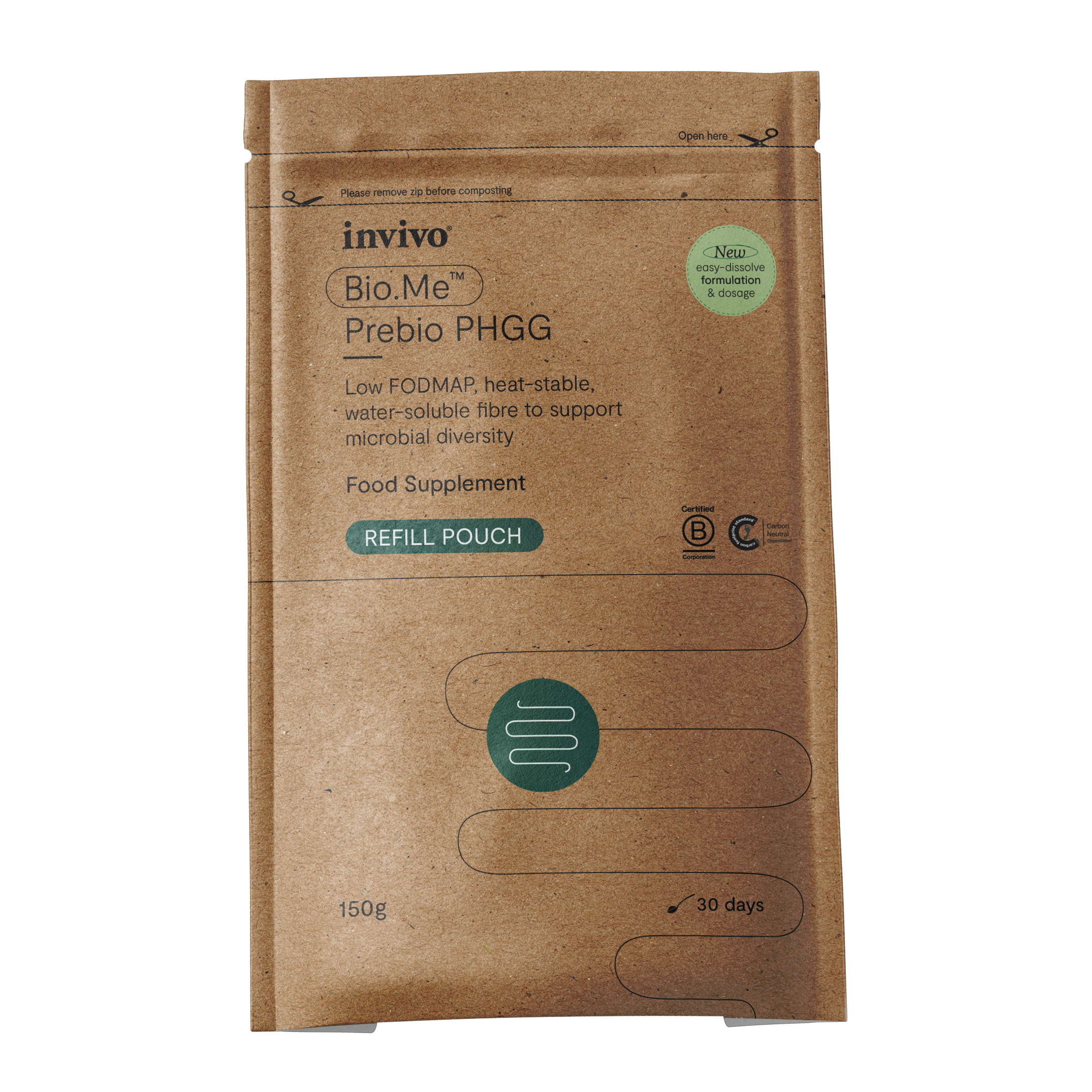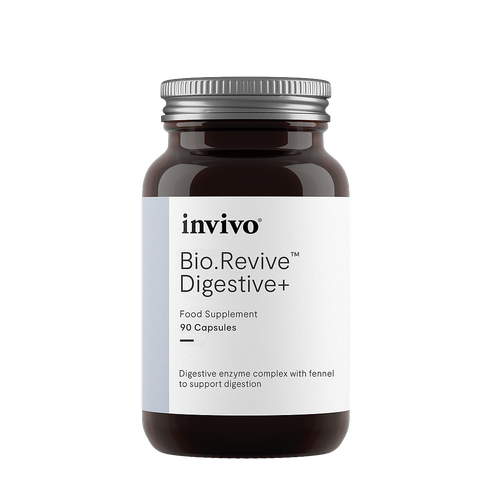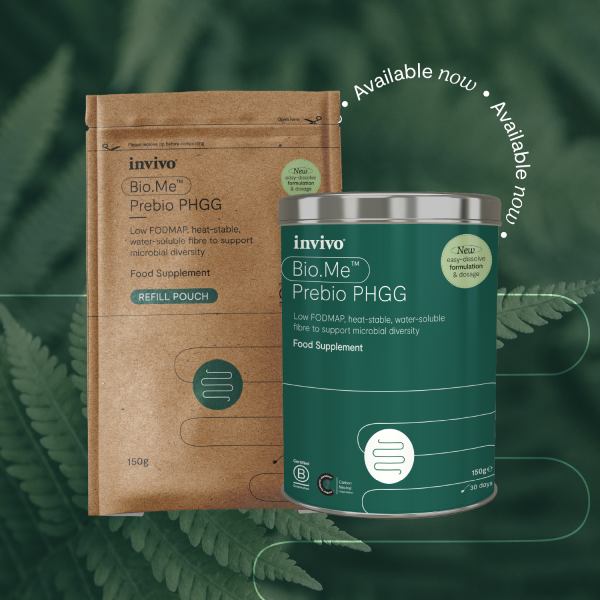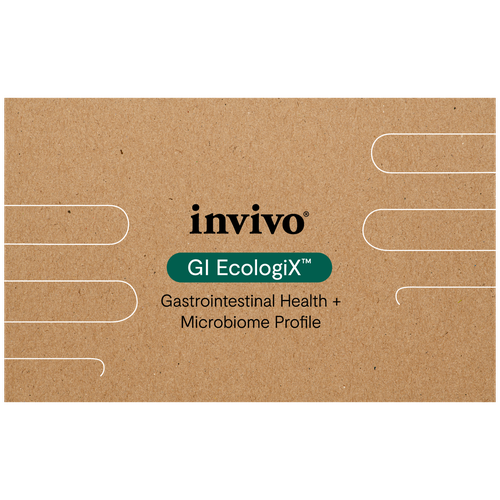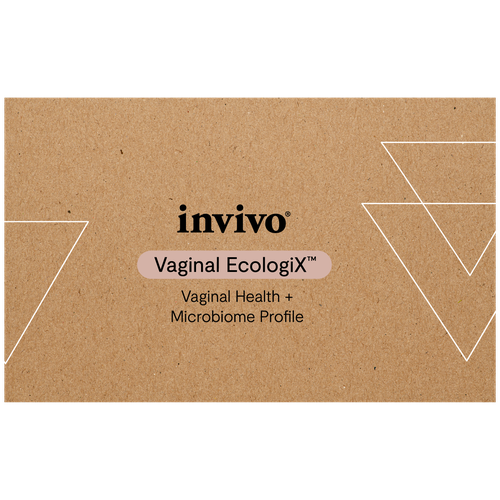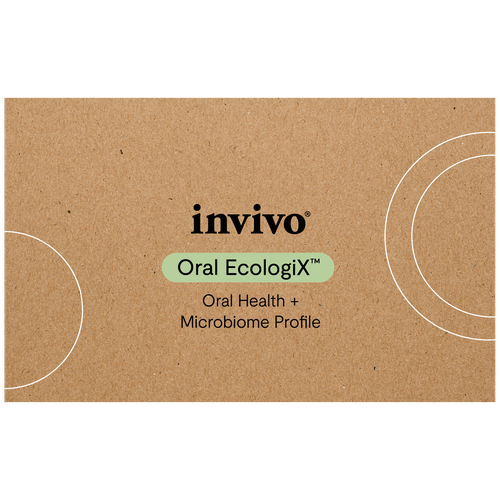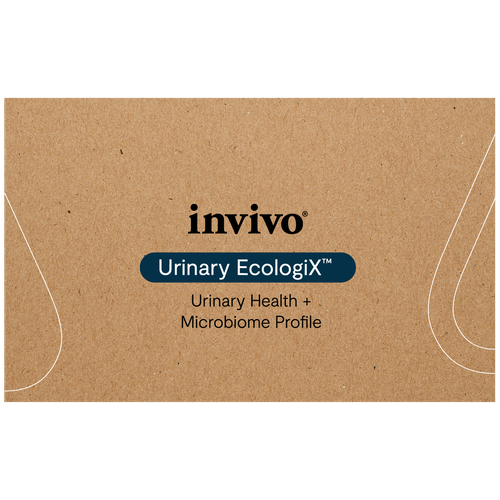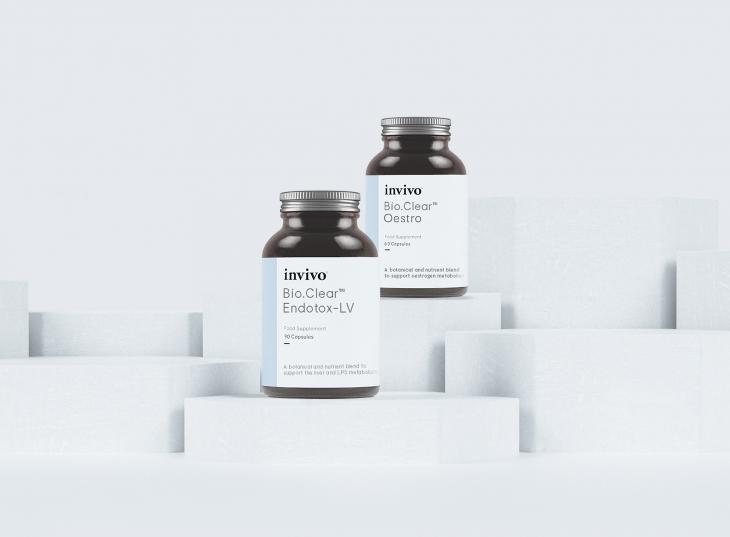Bio.Clear™ Virome
- designed with the health of host-viral interactions in mind
- can be used alongside Bio.Revive™ Beta Immune + for enhanced, broad-spectrum immune support
- designed to be utilised at a lower dose as a preventative or a higher dose during an acute viral infection
- 90 caps
- GMO-free | vegan | gluten-free | dairy-free
Bioactives
Andrographis paniculata
Andrographis has been found to improve coughs, reduce sore throats, and overall symptoms and duration of acute upper respiratory tract symptoms in a review of 33 randomised clinical trials.
Echinacea purpurea
Echinacea is a well-known traditional immune supportive herb. A meta-analysis concluded that Echinacea was associated with a reduced risk of recurrent respiratory infections with the most effective extracts being used at increased doses during acute infections.
Olive leaf
Olive leaf and its active constituent – oleuropein – has anti-viral properties against several viruses, as well as powerful antioxidant, anti-inflammatory, immunomodulatory and anti-microbial activity.
L-lysine
An essential amino acid for the immune system. L-lysine is commonly used to prevent the replication of the herpes virus in cold sore outbreaks, reducing the severity of symptoms.
Vitamin C
Vitamin C supports multiple cellular functions of the innate and adaptive immune systems, as well as supporting the epithelial barrier function against invasion.
When to use:
1-2 capsules
- to help establish a healthy viral load
- for optimal immune-viral interaction
- for long-term preventative support
- to prime the immune system, optimising it for viral contact
2-4 capsules
- to help fight and clear viruses during an acute viral infection
